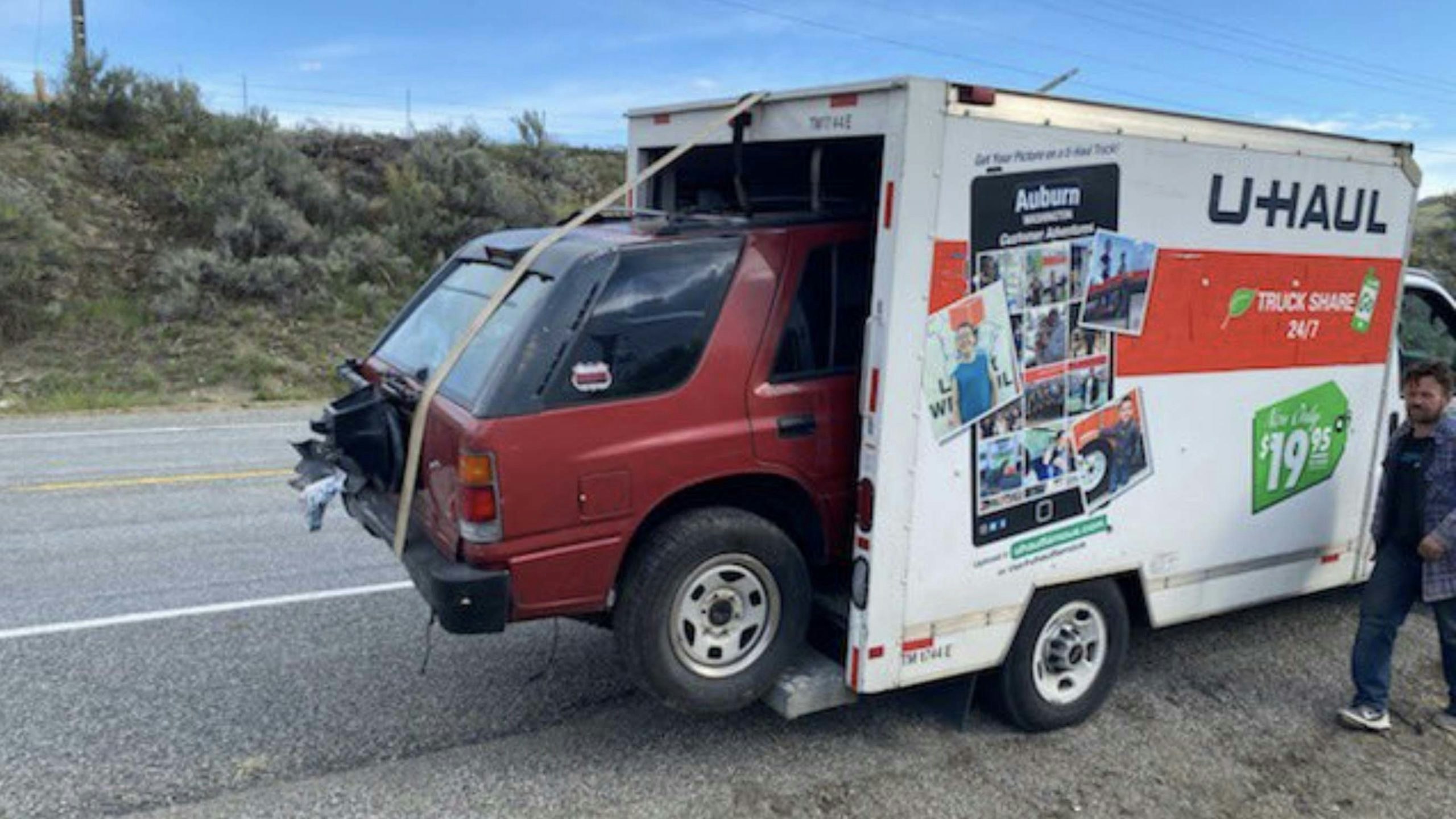Showing nobody’s immune to a nationwide hiring squeeze, the Wyoming Legislature on Tuesday advanced a bill allowing state agency heads carte blanche in paying moving expenses for new hires.
Just how much should be paid to relocate recruits to state jobs will be at the discretion of administrating heads and the Wyoming Department of Administration and Information under Senate File 16.
Proponents say that the authority isn’t a blank check, but state agencies need as much ammunition as possible to attract talented workers at a time when it’s difficult to hire.
$5,000 Cap
A few amendments were attempted Tuesday attempting to restrict the amount of money that could be allocated for new hires and current employees transferring to another position in a different part of the state. All were rejected.
“We’ve got to have a little bit of trust in our executive branch to do what’s right,” said Rep. Landon Brown, R-Cheyenne, in arguing against the amendments.
Rep. Scott Heiner, R-Green River, brought an amendment to make the reimbursement optional and to restrict reimbursements to $5,000. Heiner said his employer had to put caps in place because moving expenses were getting so high.
This was defeated by the House 31-30.
Brown said there is a tendency of the Legislature to “start micromanaging the executive branch to the nth degree.”
“While there’s some purpose to that and I think good value to that, at this point … I don’t want to see $20,000, $30,000 brought in for this either, but that’s where we have the department that handles our administration and the information, and they’re going to be the ones that administer the actual rule making for this,” he said.
Fiscal Restraint?
Rep. Jeanette Ward, R-Casper, said it’s the duty of the Legislature to micromanage taxpayer funds, while Rep. Ben Hornok, R-Cheyenne, expressed doubt that a prospective employee would decide whether to take a job based on moving expense reimbursement.
“If that is the determining factor … that person probably isn’t going to stay very long,” Hornok said.
The legislation also requires a department to pay “the actual expenses” of an employee transferring to a different part of the state.
Brown said there had been a prior rule in place giving department heads this flexibility, but it was cut in 2016 during a time of rampant employee layoffs in the state.
Other Amendments
Rep. Scott Smith, R-Lingle, brought an amendment saying reimbursements cannot exceed the monthly salary amount for each month the employing agency’s position remained vacant. Rep. Clark Stith, R-Rock Springs, warned this could be abused in situations where a position is open for multiple months.
Rep. Rachel Rodriguez-Williams, R-Cody, said employees should have to reimburse the state for what they were given if residency in and employment by Wyoming lasts less than two years. There is no requirement that state employees have to live here, and a number live in Colorado and Idaho.
“If I were to be relocated, I’ve got fine china that needs to be bubble wrapped and boxed,” Rodriguez-Williams said. “I’ve got livestock. There’s really no sideboards on this.”
Both Smith and Rodriguez-Williams’ amendments were defeated.
SF 16 passed through the House on a 33-29 vote Tuesday. The bill has already passed through the Senate and now only needs concurrence before being sent to the governor’s desk.
Rep. Dan Zwonitzer, R-Cheyenne, expressed concern that setting hard limits on how much could be expensed would not take into account current and future inflationary pressures.
”Certainly that $5,000, as I heard from almost everyone, is not enough to cover adequate moving expenses, certainly not in my community with an active military base,” he said. “I don’t think we want to put a third layer of bureaucracy on something that already has two different protection points on it.”





